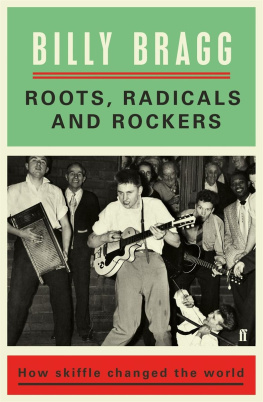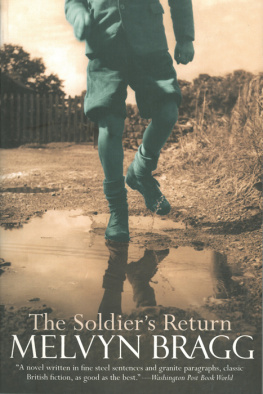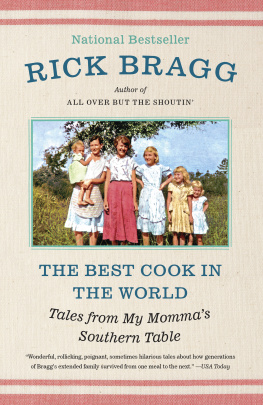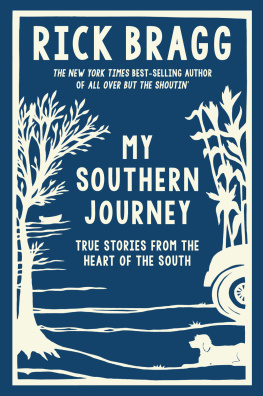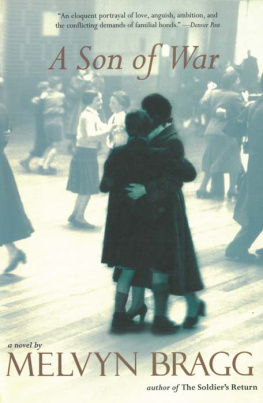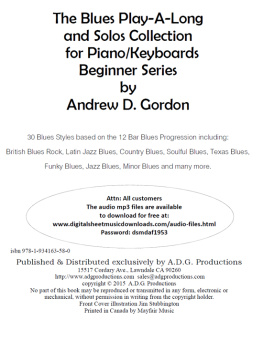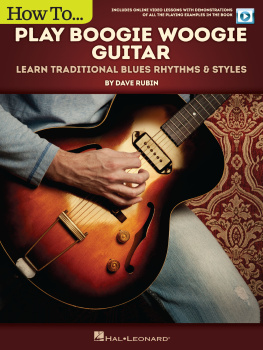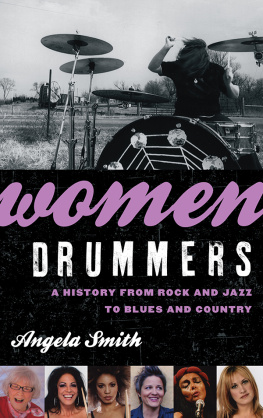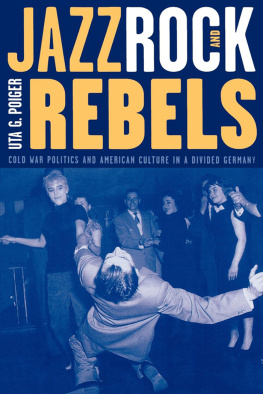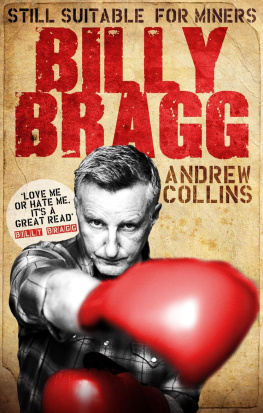Dead ground is a term that I first came across during my brief spell as a trainee tank driver in the early 1980s. It refers to an area that is hidden from the observer due to undulations or obstacles in the terrain. You can see what is in the distance, but between there and here, things that stand in plain sight are obscured by the prominence of nearer objects, drowned in the contours of the landscape.
Skiffle exists in the dead ground of British pop culture, between the end of the war and the rise of the Beatles. Its a landscape dominated by Elvis and his British acolytes Cliff Richard, Billy Fury, Marty Wilde but beyond Tommy Steele, the terrain falls quickly away. In the distance, surrounded by a blue haze of sentimentality, looms the Second World War. In the dead ground between are those everyday features of post-war life that have proved immune to nostalgia: conscription; cod liver oil; smog; carbolic soap; polio; Izal medicated toilet paper; the gallows.
That skiffle should be among them is no surprise. The vast majority of its practitioners were boys in their early to mid teens, whose amateur performances in youth clubs, school gyms and church halls left no permanent marks on our culture. Just as the soft parts of ancient organisms dont fossilise, so there is little tangible evidence of the contribution made by tens of thousands of skiffle-mad kids, save for a few black-and-white photos of earnest youths posing with washboards, tea-chest basses and cheap acoustic guitars.
Of the handful of skiffle artists who did make the charts, only Lonnie Donegan is remembered, and rightly so because he kicked the whole thing off and was by far the most successful proponent. Yet his later decline into singing novelty songs has tarnished the whole genre. Just as Elvis became a parody of himself when he went to Hollywood and made Clambake, so Lonnie betrayed his skiffle roots when he took My Old Mans a Dustman to the top of the charts.
As pop became profound in the 60s, artists who had learned their chops playing skiffle tended to leave it out of their biographies. If you wanted to be taken seriously, better to claim you were initially inspired by Chuck Berry and Buddy Holly rather than Chas McDevitt and Nancy Whiskey. Thus skiffle became a bit of an embarrassment for Britains 60s rock royalty, like an awkward photo from a school yearbook, a reminder of the shabby realities of post-war, pre-rock Britain.
Even when credit was given, skiffle often found itself edited out in the search for a snappier soundbite. Take George Harrisons famous quote about how his band was influenced by the blues: No Lead Belly, no Beatles. What Harrison actually said was: If there was no Lead Belly, there would have been no Lonnie Donegan; no Lonnie Donegan, no Beatles. Therefore no Lead Belly, no Beatles. Due to the key role it played in the founding of the Fab Four, skiffle cannot be completely ignored by pop historians, but too often Donegans success with Rock Island Line in 1956 is portrayed as a singularity, unfettered by history or context.
Yet every now and then, it is possible to catch glimpses of how deeply skiffle affected the generation who first encountered this exciting music in the cultural desert of the BBC-mediated 1950s. When, in the last days of the twentieth century, I was invited by John Peel to have dinner with him and Lonnie Donegan, I was surprised to find that Peel said barely a word during the meal. It transpired that he was such a fan of Donegan that he needed me to be there so that he could listen to the great man talk, being too awestruck to engage his hero in conversation himself.
In many ways, skiffle is just the sort of music that Peel championed during his years as a major taste-maker. It was the first to reach the UK charts that hadnt been spoonfed to record-buyers by Tin Pan Alley; it sounded rough and ready compared to the lushly produced hit records of the day; most of the songs were little more than a high-tempo three-chord thrash; and it fiercely resisted any notions of commerciality the audience who booed Bob Dylan for playing an electric guitar at the Manchester Free Trade Hall in 1966 had likely been turned on to folk music by skiffle.
Most importantly, skiffle was the first music for teenagers by teenagers in our cultural history. Not willing to sit passively and wait to be told what to listen to, this first generation of British teens took the initiative and created a do-it-yourself music that crossed over racial and social barriers. Taking their songs from black blues, gospel and calypso and white folk and country music, and their instruments from the jug bands and spasm groups that played in the streets of the American south, the skiffle groups mixed them together to create a sound that had never been heard in these islands before. In doing so, they faced resistance from generational forces that sought to control and dictate youth culture.
Were so familiar with the story of the Beatles and the Stones that we take it for granted that British kids always played guitars and wrote their own songs, that the spirit of self-realisation was somehow coded into their DNA. Yet that is not the case. It was skiffle that put guitars into the hands of the war babies, and this book aims to place that empowering moment in its proper context in our post-war culture, illuminating the period when British pop music, for so long a jazz-based confection aimed at an adult market, was transformed into the guitar-led music for teens that would go on to conquer the world in the 1960s.
Anyone who knows anything about skiffle will tell you that its genesis occurred on 13 July 1954, when Lonnie Donegan recorded Rock Island Line, Lead Bellys song about the wily train driver who fools the operator of a big tollgate just outside of New Orleans. Except the Rock Island Line doesnt go to New Orleans and there never were any tollgates on American railroads. And Lead Belly didnt write that song. So what is really going on here?
To get to the bottom of the story, we have to go back almost exactly one hundred years before that historic recording, to 10 July 1854, when the Chicago & Rock Island Railroad was officially opened. For two years, work gangs had been laying steel rails forged in England along a 181-mile route due west across Illinois from the city of Chicago to Rock Island on the banks of the Mississippi. The plan was to cross the mighty river and bring the iron road to the American west.
For the men who owned the railroads, the Mississippi presented a formidable physical barrier, still half a mile wide at Rock Island, a thousand miles upstream from the Gulf of Mexico. Beyond it, the western plains were beginning to be settled and, in 1846, the land across the river from Illinois became the state of Iowa. Riverboats had a monopoly on transport across and along the Mississippi, but the intentions of the owners of the Chicago & Rock Island Railroad became clear in 1851 when they asked the Iowa legislature to grant them land to build a depot in Davenport, directly across the river from Rock Island.
Based on a topographical survey conducted in 1837 by Lt Robert E. Lee, engineers had chosen a prime spot to build the first bridge across Big Muddy and construction began in July 1853. The largest island in the whole of the Mississippi, Rock Island offered a sturdy jumping-off point for the 1,528-foot wooden bridge, which was supported by six granite piers. The first train crossed over to the Iowa shore on 21 April 1856, linking up with the Mississippi & Missouri Railroad, which was making heavy going of building a track across Iowa towards Council Bluffs on the eastern bank of the Missouri River. Several other railroads had reached the Mississippi, but none had managed to cross it. The Chicago & Rock Island Railroad had brought the possibility of transcontinental trade a step closer.

